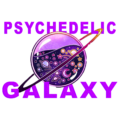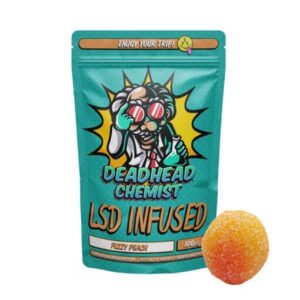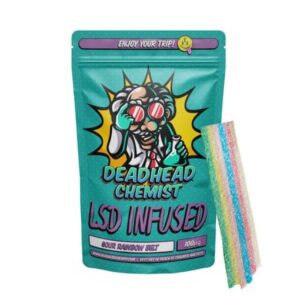Buy Lysergic Acid Diethylamide Online
History Of Lysergic Acid Diethylamide
Lysergic Acid Diethylamide is a classical hallucinogen originally synthesized by Albert Hoffman. He accidentally concocted the drug while making experimental substances from ergots to create circulatory and respiratory stimulants. The most pronounced effect on the animals allowed him to create a model for psychosis and study the induced temporary psychotic-like states. During the psychotic state, he also noted permitted recall and produced improved insight.
In 1986, almost 400 patients received treated with LSD. The Danish LSD Damages Law was passed because of the crimes and deaths linked to LSD usage, where applicants received financial compensation for the harm resulting from the treatments. Many years afterward, patients still suffered from the side effects of being treated with LSD.
Regulations on hallucinogenic drugs started to be introduced in 1967 to limit the use of LSD and other hallucinogenic drugs to qualified practitioners. The hope was to eliminate or decrease risky behaviors and result in harmful consequences brought on by the drug. Despite these efforts, LSD-assisted treatments continued in some European countries in the 1970s. In Switzerland, psychotherapy and research were also conducted from 1988 to 1993 with special permission from their government.
ADVERSE EFFECT
Lysergic Acid Diethylamide effects are extremely subjective, with significant variability and unpredictability. One patient may experience a positive effect filled with bright hallucinations, sights, and sensations, increased awareness owing to mind expansion, and marked euphoria. The positive spectrum of effects is colloquially called a “good trip.” Another patient may experience the total opposite with an experience filled with increased anxiety becoming panic, fear, depression, despair, and disappointment. The negative spectrum is colloquially called a “bad trip.” One patient can experience both the positive and negative spectrum at different times of use.
One of the more disturbing side effects of LSD is the flashback. Flashbacks can be induced by stress or fatigue and by using other drugs. Often a flashback of a “bad trip” can occur without warning, even if the patient was not currently under the influence of LSD. Eventually, long-term use leads to the patient developing tolerance to the drug. Abstinence for a few days allows the patient to return to baseline quickly, emotionally, physically, and mentally. Abstinence of the drug does not typically produce a craving. Debilitating flashbacks occurred in the patients compensated under the Danish LSD Damages law.
Administration
LSD is taken orally as a capsule or tablet. The moderate effect in most subjects is produced at 1 to 3 micrograms/kg body weight. The onset of effects usually begins within 30 to 60 minutes after taking the drug. The drug moves rapidly to the brain and is quickly distributed throughout the body, acting both on CNS and autonomics. The drug disappears from the brain in 20 minutes, but the effects are prolonged and may last many more hours after it disappears from the brain. LSD has a first-order elimination. LSD lasts up to 12 hours in the body with dose-proportional pharmacokinetics. The effects following administration are related to the time course of concentration in the plasma. The subjective response between patients with similar concentrations of LSD and similar doses is unpredictable. Each patient may have a completely different experience.
More recent studies used 75 micrograms of LSD intravenously. Reported subjective effects began within 5 to 15 minutes. Effects peaked 45 to 90 minutes after intravenous dosing. The researchers reported no further details.
In one study, the administration of 200 micrograms of LSD in a safe setting reportedly produced subjective positive effects for the user, further described as a long-lasting positive experience. There were significant reports of positive attitudes with self-esteem, mood, altruism, social skills, behavioral changes, and improved satisfaction in life. No reported negative changes in attitude, mood, social skills, or behavior were attributed to LSD.






Reviews
There are no reviews yet.